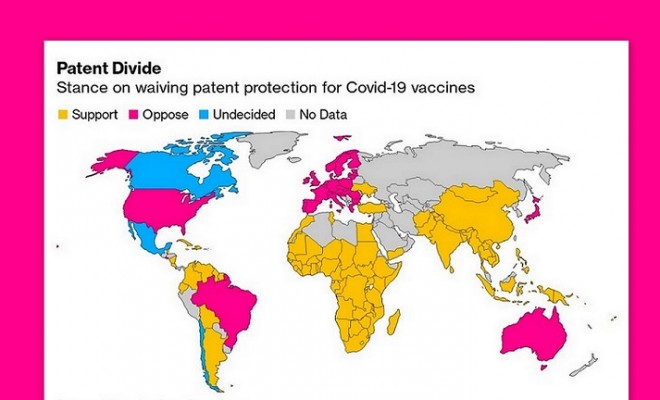
How the US can solve the global vaccine shortfall
We need to rapidly expand vaccine manufacturing around the world — are IP suspensions the best way to do it?
The White House is currently considering whether to support a push to suspend drug companies’ patent rights to their Covid-19 vaccines. This is a delicate issue that requires policymakers to balance the importance of incentivizing medical R&D in the future against the need for a rapid vaccine rollout around the world — especially in developing nations. We need more manufacturing firepower, and the US can best unleash it by coordinating a global technology transfer through the purchase of the intellectual property and the creation of incentives for producers to share their know-how with the rest of the world.
The legal proceedings around this issue were triggered in October 2020, when India and South Africa circulated a World Trade Organization Trade-Related Aspects on IP Rights (TRIPS) petition calling for the intellectual property protections on Covid-19 vaccines to be suspended for the remainder of the pandemic. The movement has quickly gained momentum since.
More than 100 countries have signed on to the motion, some out of narrow concern with the pace of vaccine distribution in their country and others as a protest vote against a global IP regime they believe favors rich countries. But because WTO motions like this require unanimous approval from all members, the currently opposed group, which includes the US, EU, and the UK (not coincidentally the nations where the vaccine developers are located), is able to block the motion. In the last week or two, a group of House Democrats, with the support of Bernie Sanders and Speaker Nancy Pelosi, have started lobbying the Biden administration to switch course and support the motion.
Συνέχεια ανάγνωσης εδώ
Πηγή: agglomerations.tech




